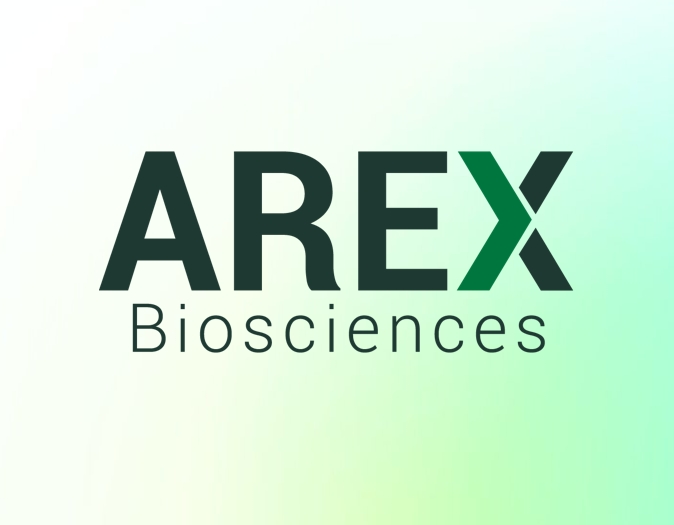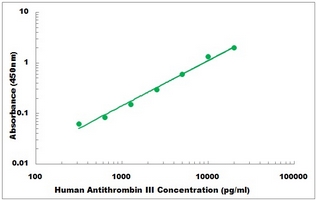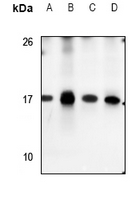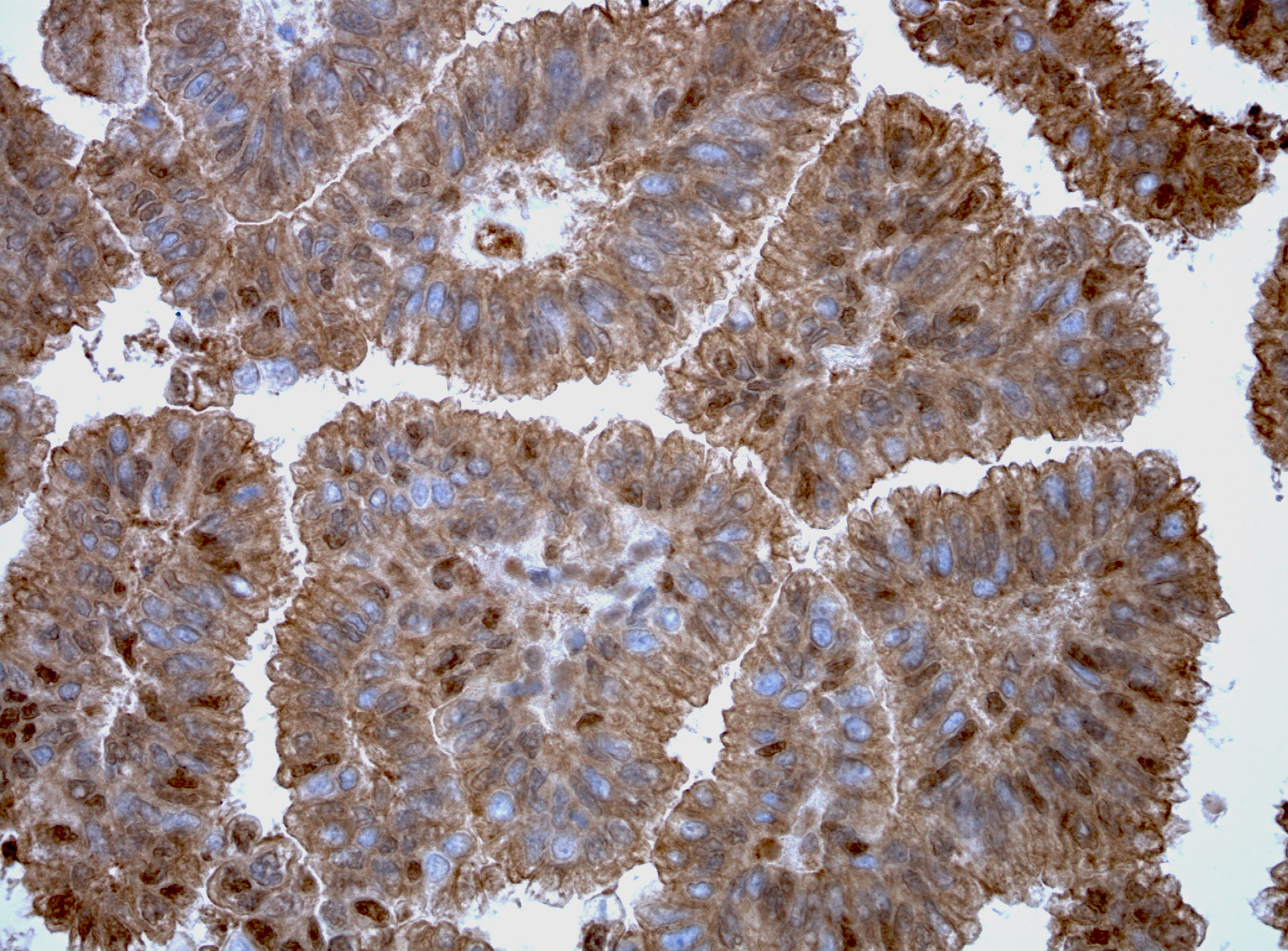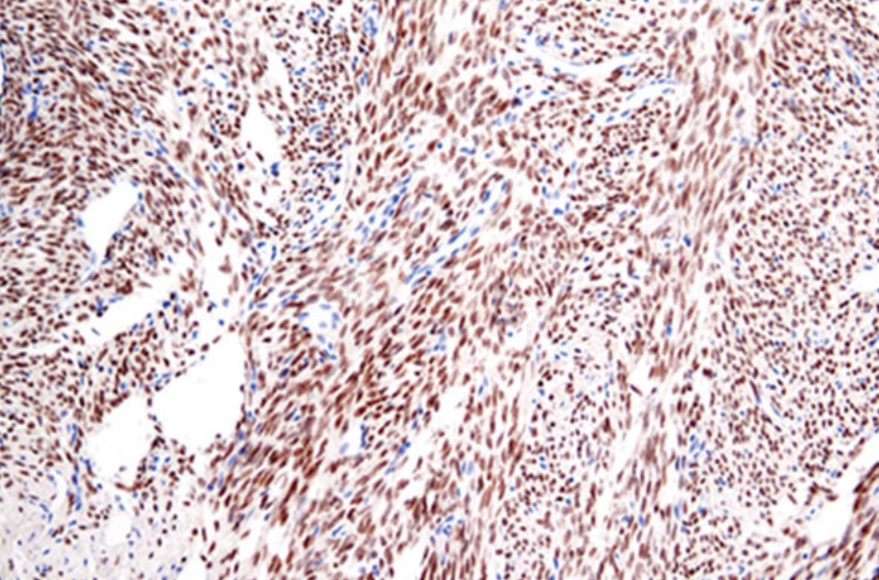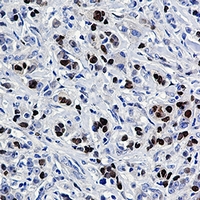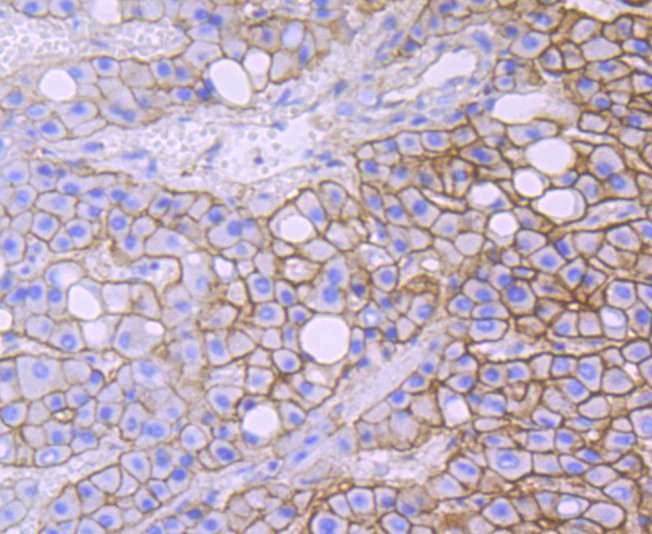Recombinant Human Beta-defensin 1
CAT.NO. : ARP6702
RMB Please choose
RMB Please choose
Size:
Trail, Bulk size or Custom requests Please contact us
*产品价格可能会有所调整,请以品牌方官网实时更新的价格为准,以确保准确性。
Background
Defensins (alpha and beta) are cationic peptides with antimicrobial activity against Gram-negative and Gram-positive bacteria, fungi, and enveloped viruses. They are 2-6kDa proteins and take important roles in innate immune system. On the basis of their size and pattern of disulfide bonding, mammalian defensins are classified into alpha, beta and theta categories. β-Defensins contain a six-cysteine motif that forms three intra-molecular disulfide bonds. Because β-defensins is cationic peptides, they can therefore interact with the membrane of invading microbes, which are negative due to lipopolysaccharides (LPS) and lipoteichoic acid (LTA) found in the cell membrane. Especially, they have higher affinity to the binding site compared to Ca2+ and Mg2+ ions. Furthermore, they can affect the stability of the membrane. The β-defensin proteins are expressed as the C-terminal portion of precursors and are released by proteolytic cleavage of a signal sequence and, in the case of BD-1 (36 a.a.) , a propeptide region. Beta-defensin 1 may play a role in the pathogenesis of severe sepsis. Variation in human Beta Defensin-1 contributes to asthma diagnosis, with apparent gender-specific effects. Variation in human β-defensins 1 contributes to asthma diagnosis, with apparent gender-specific effects. Recombinant Human BD-1 is a 5.1kDa non-glycosylated protein containing 47 amino acid.
 New Products
New Products




